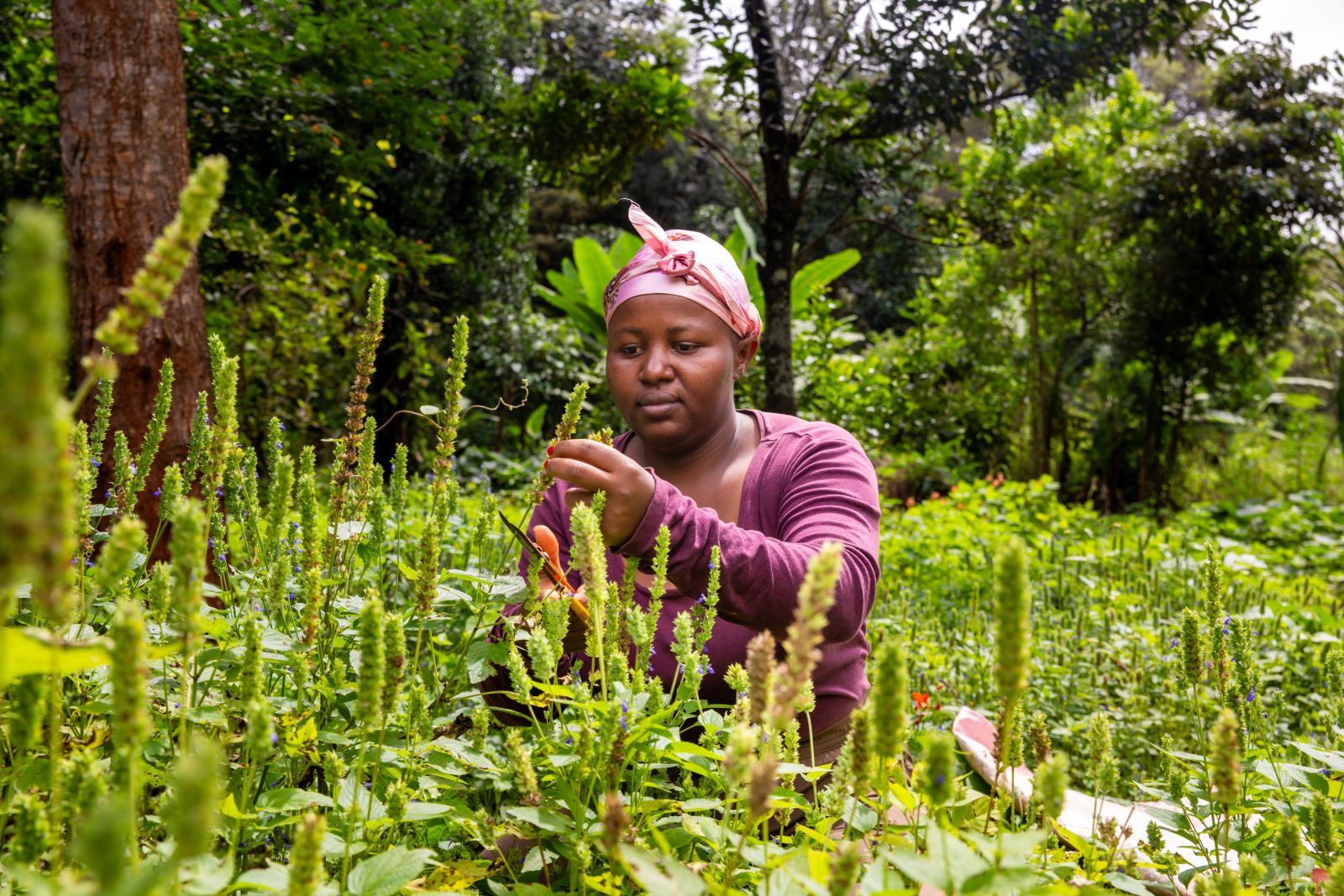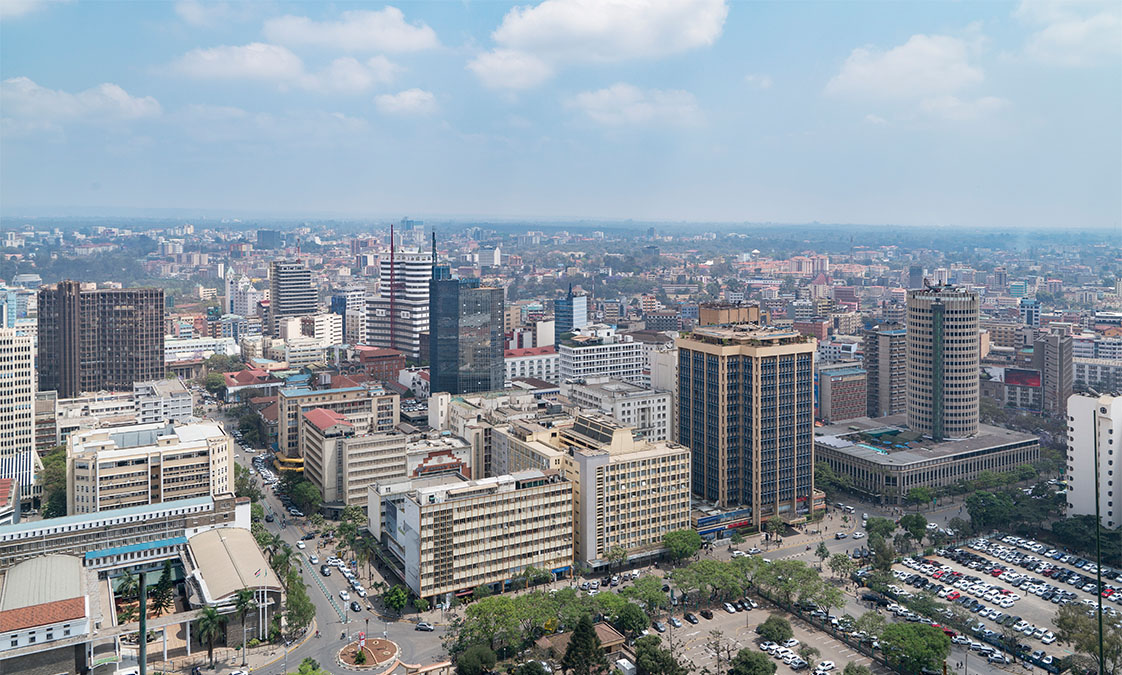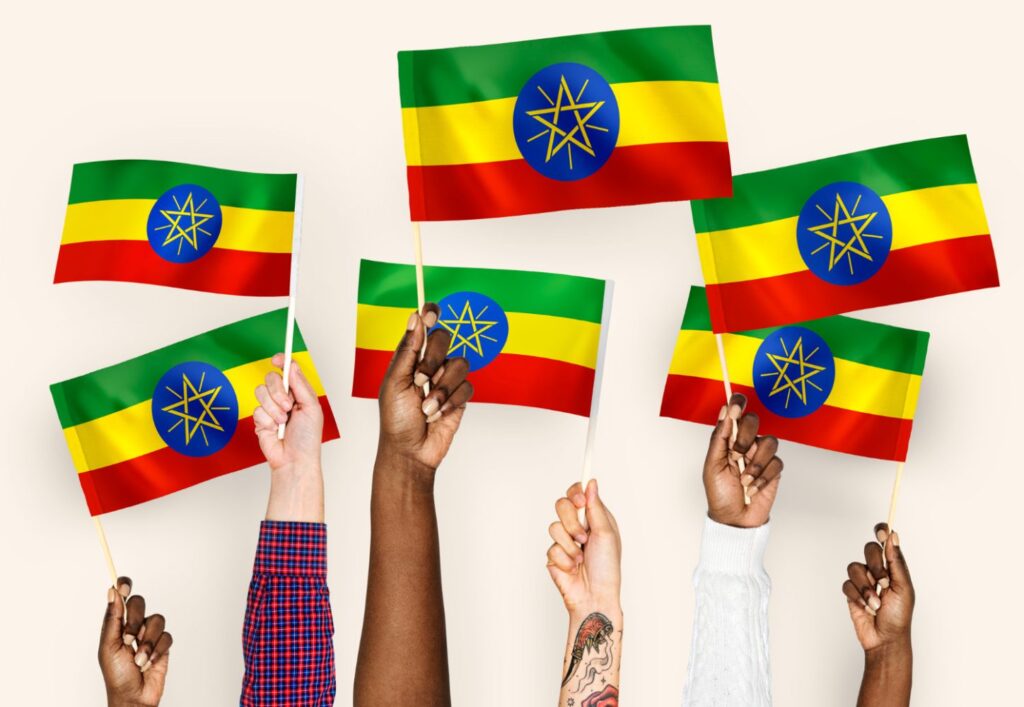Imagine a world where millions of ingenious women in Africa have the resources to turn their ideas into thriving businesses. That is the future FSD Africa is working towards, and capital markets are the key. This isn’t boring financial jargon. We are talking about unlocking the potential of entire communities.
Before the Covid-19 pandemic, women-owned businesses in sub-Saharan Africa faced a staggering funding gap of $42 billion while the total financing needs for 128 developing countries was a staggering $5.2 trillion[1]. Though these numbers might have shifted slightly in the past four years, the challenges posed by post-pandemic economic recovery likely have not made things easier. Women are disproportionately affected by issues like lack of clean water and access to clean cooking solutions. Hours spent fetching water or gathering fuel are hours lost for education, work and family. Women make up nearly 70% of the workforce in agriculture yet receive only 7% of investments.
But here’s the good news: things are changing. On the 19th of February 2024, FSD Africa launched a game-changer – the Africa Gender Bonds toolkit – which is not just a resource, but a cheat sheet for unlocking the power of capital markets to support women in Africa. This is just one way that FSD Africa is playing its part in strengthening sustainable financial markets as a key tool to reduce barriers facing women in Africa, particularly women in business.
We have seen many efforts in trying to solve for gender inclusion, particularly inclusion of women in the finance sector. While much is being done as to how to tailor financial products to attract women more as a customer segment; there is less effort when it comes to thinking about investor incentives. How do we unlock more financing from investors to flow to women businesses? Which incentives need to be in place to mobilise and catalyse more gender responsive financing from capital markets in Africa? This is a key piece of the puzzle that we are committed to helping solve. We believe that leveraging capital markets in capital mobilisation for gender offers us a blank slate where creativity and innovation can flourish in integrating gender metrics and considerations into the design of capital mobilisation vehicles.
Real stories, real impact
In the past half a decade, like-minded institutions, have significantly increased their efforts to anchor investments in gender-intentional capital mobilisation vehicles such as gender bond issuances that tap into investor incentives. These partnerships have sparked remarkable catalytic and demonstrative change. Take, for instance, our support to NMB Bank Plc in issuing the Jasiri Bond, Sub-Saharan Africa’s first publicly listed gender bond. According to the first Jasiri Bond impact report, the response was overwhelming—it was oversubscribed by a staggering 197%, drawing in 1,630 investors, 99% of whom were individuals. Here’s the best part: 97% of the loans went to women! That’s thousands of women empowered to chase their dreams and build a brighter future for themselves and their families. Such partnerships exemplify the power of collaboration in driving tangible impact and advancing gender equality in finance.
And it’s not just about businesses. Bonds issued in sectors with high female participation can also strengthen capital mobilisation for gender benefits. For example, UNICEF estimates that women and girls globally spend 200 million hours per day fetching water for household consumption. In Sub-Saharan Africa, a single trip to collect water takes an average of 33 minutes in rural areas and 25 minutes in urban areas. This takes time away from productive economic activities, education, and leisure, and increases exposure to gender-based violence. In the energy sector, the Clean Cooking Alliance estimates that women and girls spend up to 5 hours per day gathering fuel or spend a significant portion of household income to buy it. Imagine if we used capital markets to issue water bonds to improve water infrastructure, or clean cooking bonds to finance cleaner energy solutions. The impact of women’s lives would be transformative.
Building the bridge together
In this regard, we have continued to support our partners in bringing innovative financial tools to market to mobilise gender-responsive finance. For instance, in 2021, we supported Banque Central Populaire in Morocco issue the first gender bond in Morocco, raising about US$ 20.4 million to provide 17,080 microcredit loans to economically disadvantaged urban and rural women. We also provided technical assistance for a US$ 10million green bond issuance by Burn Manufacturing to support clean cooking in Sub-Saharan Africa. Most recently in 2024, we supported the Tanga Urban Water Supply and Sanitation Authority in Tanzania in the first ever water green bond in Africa, aimed at improving sustainable water supply and environmental conservation within Tanga city and nearby townships. To support more of these issuances FSD Africa in collaboration with UN Women, BII, and FSD Network designed the gender bonds toolkit to equip both issuers and investors with the tools they need to make gender-responsive finance a reality.
As we champion for more incentives and instruments to mobilise gender-responsive finance through capital markets, we recognise that proper impact measurement and management are crucial for understanding the outcomes and impact of gender-responsive finance through capital markets, requiring accurate data collection and performance insights. Globally, we see that gender-disaggregated data is sparse and weak; thus, these issuances present an opportunity to strengthen the collection and management of gender-disaggregated data. As a guide, issuers and investors can look to the gender bonds toolkit outlines considerations and use-case examples to demystify the post-issuance reporting stage.
At FSD Africa, we are championing for capital markets as an enabler of gender-responsive finance. By sharing our experiences, insights and best practices with issuers and investors, we can significantly boost gender-focused capital for African businesses.
[1] https://www.ifc.org/content/dam/ifc/doc/mgrt/2020-12-call-for-insights-e-publication.pdf
[2] Gender refers to the socially constructed roles, behaviours, and expectations that societies assign to individuals based on their perceived sex. Gender disaggregated data separates information based on these societal roles and expectations. It goes a step further to explore the ‘why’.





